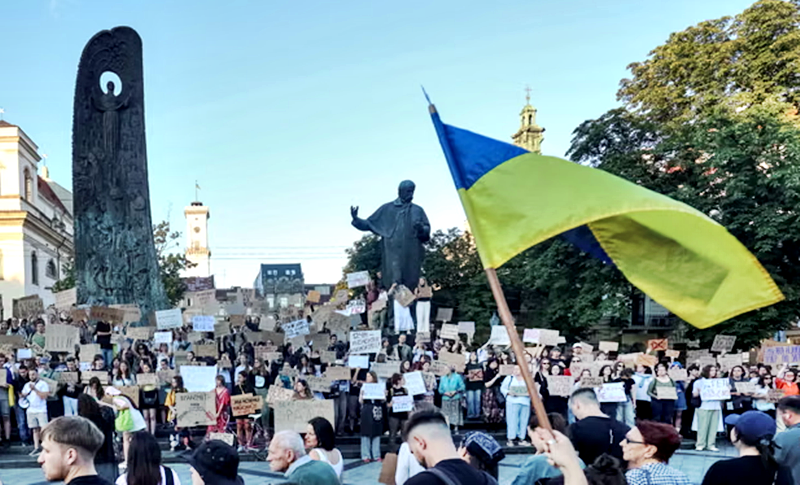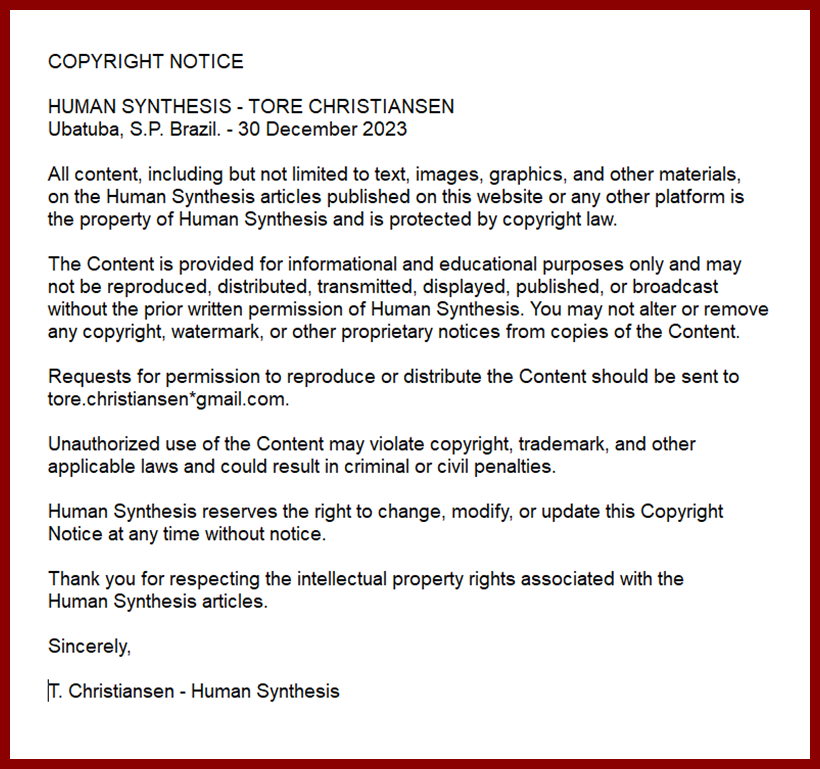Ukraine protests: why are civil society activists angry with Zelenskyy?

By Guardian - Luke Harding in KyivWed 23 Jul 2025 13.40 BST
A law that changes the country’s anti-corruption agencies has led to the first serious protests against his government. Ukraines president, Volodymyr Zelenskyy, has approved a contentious bill that critics say will weaken the country’s fight against corruption. The bill’s passage into law has triggered the first serious protests against his government.
What are the protests about?
Ukraine’s parliament, the Verkhovna Rada, voted to bring two independent agencies – the national anti-corruption bureau (Nabu) and the specialised anti-corruption prosecutor’s office (Sapo) – under effective government control.
The country’s prosecutor general can now close cases against top officials, and investigations can be transferred to other bodies. Zelenskyy might have vetoed the new bill, but instead he signed it into law late on Tuesday night.
In a video address, he said he needed to clear Ukraine’s “anti-corruption infrastructure” of Russian influence. He accused the two organisations concerned of failing to pursue cases against Ukrainian officials living abroad and suggested they were guilty of leaking information helpful to Moscow.
How have civil society activists reacted?
Many people are furious. Hours before Zelenskyy signed the bill into law, about 1,500 young protesters gathered outside his presidential office in Kyiv. They chanted: “Veto the law”, “shame” and “we are the power”. Several waved banners with the number 12412 – referring to the new law – crossed out. There were also demonstrations in Lviv, Dnipro and Odesa.
The activists say Zelenskyy has violated the informal social contract between government and society that has existed since Russia’s full-scale invasion in 2022. Under it, campaigners were largely silent about official failures because of the country’s precarious wartime situation. The priority was Ukraine’s survival as a state and nation.
That deal appears to be over, together with Zelenskyy’s status as an uncontested leader. Opponents claim the president and his team are sliding towards authoritarianism. They see a return to the old days of the corrupt pro-Russian president Viktor Yanukovych, who enriched his friends and prosecuted his enemies before fleeing to Moscow in 2014.
What is the backstory?
Tensions between Nabu and the government have been brewing for some time.
Last week, the bureau accused a senior official from Ukraine’s security service, the SBU, of taking bribes. The official allegedly asked for $300,000 (£220,000) to get rid of evidence in a case involving the illegal smuggling of conscripts abroad.
Nabu has also made claims against Ukraine’s former deputy prime minister Oleksiy Chernyshov.
The SBU has raided Nabu’s offices and says three employees have connections with Russia. It has also accused the bureau’s deputy chief, Vitaliy Shabunin, a prominent anti-corruption campaigner, of failing to turn up for military duty. His supporters dismiss the charges against him as absurd and confected. Shabunin has given interviews denouncing Zelenskyy.
On one side of the dispute are Ukraine’s “old” law enforcement agencies – which are loyal to the president – including the SBU and prosecutor general’s office. On the other are the two “new” independent agencies, Nabo and Sapo, which were set up in 2014 with strong western backing. By stripping Nabu of its powers, Zelenskyy has dramatically escalated the feud between them.
How has the international community reacted?
It is unimpressed. In a statement on Tuesday, before the bill was signed, Transparency International said Ukraine’s parliament had stripped society of its anti-corruption institutions.
It described them as one of the country’s greatest achievements since the “revolution of dignity”, the phrase used to describe the mass street protests in 2013 and 2014 that drove Yanukovych from power. The parliament had undermined the trust of Ukraine’s partners, it said.
Several senior European officials have expressed serious concern. They include the EU’s defence commissioner, Andrius Kubilius, and its enlargement commissioner, Marta Kos. The subtext is that Ukraine’s attempts to join the EU could be badly damaged. Germany says its path to membership has been “hampered”. Well-known supporters of Ukraine have also raised the alarm.
It is unclear if Zelenskyy will back down in response to private pressure from western leaders, or shrug off the criticism at home and abroad. Ukraine’s enemies are delighted by the internal political crisis, the biggest of Zelenskyy’s premiership.
The US far-right Republican congresswoman Majorie Taylor Green called Zelenskyy a dictator and shared a video of Tuesday’s evening’s anti-government demonstration.
